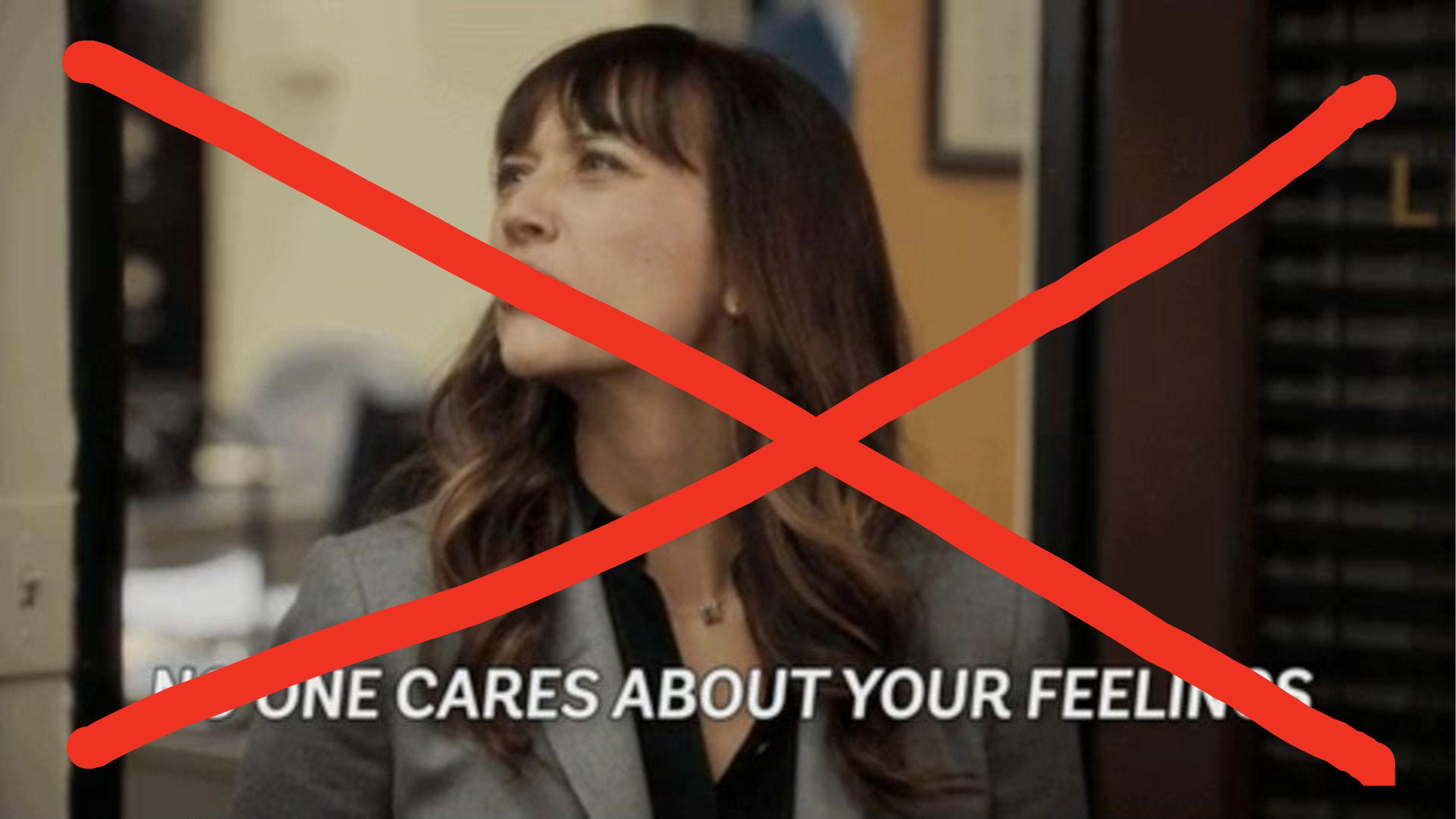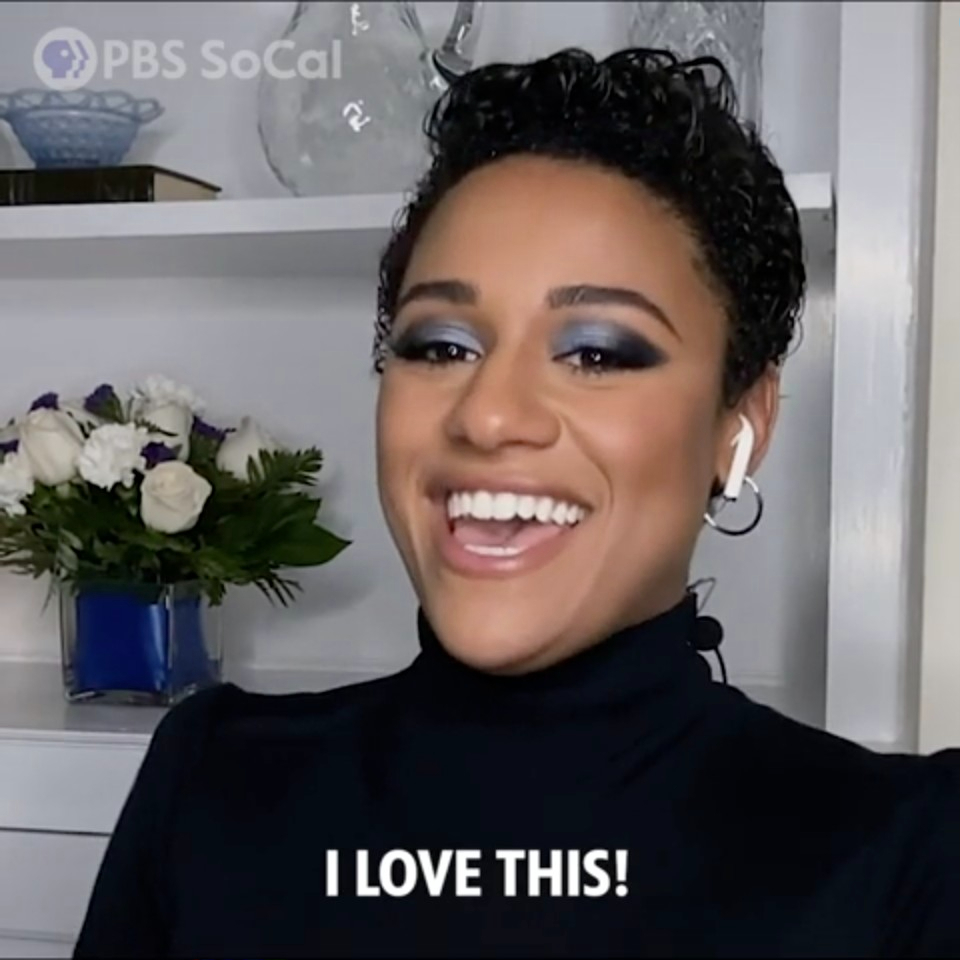So much of being an adult is learning that things you thought you knew like the back of your hand are — surprise! — not quite as they seemed. A few weeks ago, I asked BuzzFeed readers like you to share the things they were taught as a kid that, in all actuality, ended up being pretty toxic. So, without further ado, here are 13 things people said were ingrained in them as kids, and how they're trying to unlearn those things as adults:
1. "I was taught that my problems don't matter as much as other people's, and that if I need something, I better figure it out for myself. It's still really hard for me to ask for help (I'll spend literal hours researching and trying to figure it out myself instead), but if I get the slightest hint that someone else needs help, I'll drop everything to help them. I ended up burnt out, resentful, and neglected until I got lucky and found a partner who makes the effort to look out for me."
2. "Giving people the silent treatment when upset. As an adult it took me forever to learn how immature that is and that actual adults communicate their feelings, because — guess what? — communication clears the air. The air in my childhood home was very toxic in that respect."
3. "Being told, 'You’re being hysterical' in regards to my emotions. My mom said this whenever I spoke up about my feelings, and to this day, I do not know what I am feeling because it’s made me feel as though it's so dangerous and wrong to feel at all."

4. "Unless I was actively dying, I was not sick, just 'faking it,' or it was 'all in my head.' Still to this day, I neglect my own health because of it."
5. "It took me too long to realize that my mom's version of 'me'/what would make me happy in my life and my version of that really did not coincide in many ways, or that I was allowed to make choices that she didn't think were the best for me but felt authentic to me. It took me a long time to internally be okay with choosing something for myself that she wouldn't approve of, and understand that it was her lack of respect for me, not just her knowing what is the best option for me in all things and communicating that to me fiercely."
"It just took a really long time for me to claim my right to be authentic to myself, and to know to. She recoiled at my truths, and I finally understand that she just can't choose to respect me or that I'm an individual that gets to make her own life choices. I wish that she liked my authentic self, but she always thought and probably still thinks she knows me better than I do. She's not even interested in who I really am, just wants a mini-me daughter."
6. "The glorification of enduring pain silently. That stuffing it down means you're tough and strong. Be vulnerable, and they lie to convince you that it isn't true strength. But vulnerability IS true strength, and it's okay to be human and hurt."
"It's so difficult to get out of that former mindset, though. I still stuff so much in, working on it with therapy and life experience, but it's so wrong to insist that children hide their pain. That's living to make others happy and comfortable at my own expense."

7. "I was constantly told things weren’t for me or for us. Being constantly discouraged made it harder to figure out what I could aspire for."
8. "I grew up constantly having to justify everything I ever did, no matter how small. 'Where are you going? The bathroom? Why?' 'Why are you eating that for dinner?' 'Why did you walk outside?' 'Who are you texting?' Even as an adult, this still happens with my mother, and I am still trying to unlearn it."
9. "My dad and stepmom were hypercritical blowhards who sat at the dinner table every night talking about every perceived flaw in everyone in our social network, including my friends, my friends' parents, and my teachers. They lacked the self-awareness to imagine anyone might possibly be doing the same to them. I do not lack that self-awareness, yet still imitated the highly critical comments on anything and everything. I was well into my 30s before I realized I can choose to not be the same asshole my parents were."
10. "My mother, and really all of the women on that side of the family, have weaponized guilt, and I end up over-apologizing for everything. I started apologizing when I was a kid to avoid getting screamed at, but I'm still doing it as an adult. I apologize to nurses for being scared or crying during blood tests. Last year, my mother lost a gift that I had sent my sister, and she ended up making ME feel guilty about it. It's really hard to break out of."

11. "As an adult, I am learning that other people's reactions may have nothing to do with me at all. And that we are all responsible for our own feelings and how we react to them."
12. "One that I've found challenging is that cussing wasn't allowed and was looked down upon. I'm on the spectrum, and for me, verbal communication is difficult, and it's hard as hell sometimes. So sometimes, cursing is more conducive and helps me communicate more effectively with anyone. It's a way for me to grasp the language with more ease. But everyone keeps telling me it's wrong or insulting or that I'm disrespectful... Bitch, I'm trying to talk the best I can, and if that means I have to fucking curse to do it, so be it!"
13. And finally, "My mom taught me how NOT to argue. She argues to prove her point, not to listen to the other person and perhaps come out of it with a new outlook. Ever since I realized this, I'm a much better listener and debate things peacefully and calmly instead of just yelling my point and never listening to the other person. I've learned a lot like this and have become a much more progressive person."
Is there something that your parents ingrained in you that now that you're an adult, you've realized is totally bogus? If so, tell us about it in the comments below.
Note: Submissions have been edited for length and/or clarity.
